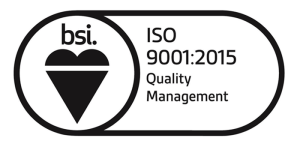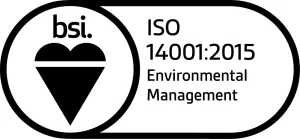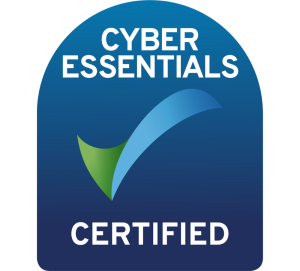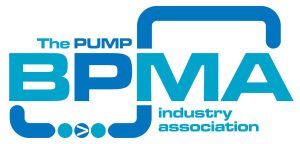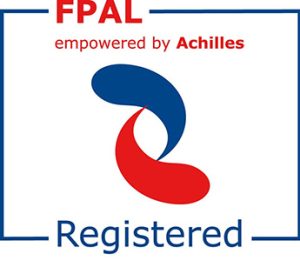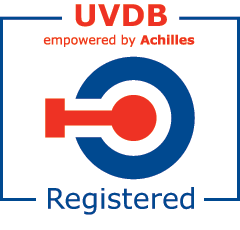Computers, Email, Mobiles, Tablets and Data Protection Policy
1. Introduction
This policy provides guidance on the company’s policy for protecting data, the security of devices; confidentiality, usage, integrity and availability of the information that is stored on them and preventing unauthorised access.
This policy does not form part of any your written terms and conditions of employment, and it may be amended at any time. We may also vary any parts of this procedure, including any time limits, as appropriate in any case.
2. Scope
This policy applies to all Houghton International Electrical Services Ltd employees
3. Data security
It is the employer’s policy to comply with all laws regulating computers and data protection. It is therefore important that all employees minimise exposure to risk through careless practices with regard to the use of data or inappropriate, or illegal, use of software.
Reasonable e-mail and Internet usage (as set out further below) you are not permitted to use the Employer’s computer facilities for personal use and computers should only be used by you to perform your job function.
You should at all times keep your personal password confidential. When changing your password, you should adopt a password which does not use personal data. You should change your password regularly and you must never share or divulge your personal password to any unauthorised person.
You are only authorised to use systems and have access to information which is relevant to your job. You should neither seek information nor use systems outside of this criteria.
It is illegal to make copies of your software. Software issued by the employer for your use is licensed to the Employer and is protected by copyright law. You must not make or distribute software that has been copied.
You must not install any software on the employer’s computers without first obtaining permission to do so. You need to be aware of the risk to the Employer’s computers of any malicious software and will immediately raise any issue which may relate to a security breach with the IT department.
You will at all times comply with any further rules, procedures or policies adopted by the Employer in relation to the usage of its computer system.
4. Internet and E-mail Usage
The Employer’s computer system contains e-mail and Internet access facilities which are intended to promote effective communication within the Employer and also with clients and contacts relating to its business. Both systems should therefore be used for that purpose.
Personal messages may be sent via e-mail, but these must respect the primary purpose of the e-mail system. This means that the e-mail system should not be used for a purpose detrimental to your job responsibilities, for spreading gossip, or for personal gain or in breach of any of the Employer’s standard employment policies on issues such as l harassment.
Messages sent on the e-mail system are to be written in accordance with the standards of any other form of written communication and the content and language used in the message must be consistent with the Employer’s best practice. Messages should be concise and directed to those individuals with a need to know. General messages to a wide group should only be used where necessary. Confidential information should not be sent externally by e-mail without express authority and unless the messages can be lawfully encrypted.
Personal usage of the Internet facility is also permitted, but such usage must be reasonable and limited to break times and also limited to the accessing of appropriate sites. The downloading or accessing of pornographic or other unsuitable sites is viewed very seriously by the Employer and can lead to disciplinary action and will be viewed by the Employer as being capable of constituting gross misconduct.
The Employer reserves the right to retrieve the contents of e-mail messages and to examine computers in relation to Internet access for the purpose of monitoring whether the use of the e-mail and Internet systems is legitimate, to assist in the investigations of wrongful acts or to comply with any legal obligation. The Employer will not routinely monitor messages.
If you are given access to e-mail and the Internet, you are responsible for the security of your workstation and you must not allow the workstation to be used by an unauthorised person. You should therefore keep your personal password confidential and change it regularly. When leaving your workstation unattended or on leaving the office you should ensure that you log off or lock the system to prevent unauthorised users using your workstation in your absence.
Should you receive an e-mail message which has been wrongly delivered to your e-mail address you should notify the sender of the message and then discard the email. Further, in the event the e-mail message contains confidential information you must not disclose or use that confidential information. Should you receive an e-mail which contravenes this policy, the e-mail should be brought to the attention of your Manager.
Misuse of the e-mail or Internet system in breach of this policy statement will be considered to be misconduct and will be dealt with within the framework of the Employer’s disciplinary procedure. Misuse of the e-mail system by transmission of any in appropriate material, including, but not limited to, material in any of the following categories but are not limited to will constitute gross misconduct:
- defamatory;
- offensive or obscene;
- untrue or malicious;
- racist or otherwise contrary to the Employer’s Equal Opportunities Policy;
- protected copyright material


